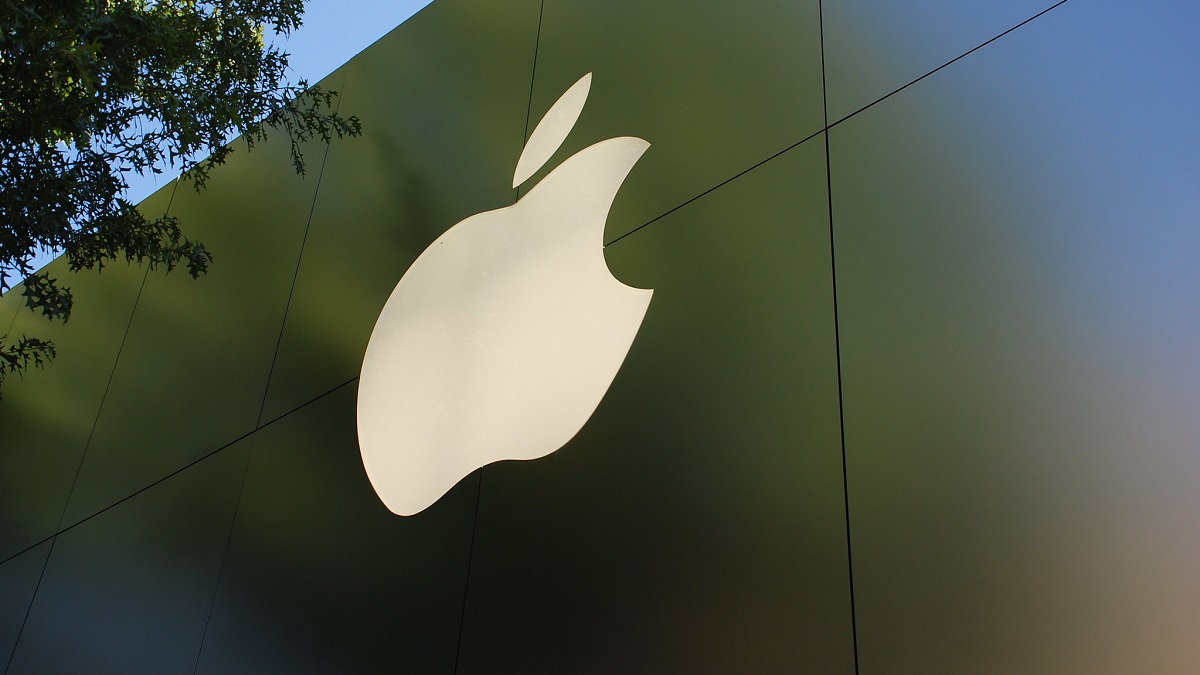
Apple Inc. has confirmed that it will start allowing developers to “inform” about external payment options for the apps in iOS App Store. Several reports are hailing the decision as one of the biggest wins for developers. However, Epic Games and others have alleged the Apple Tax isn’t dismantled.
Apple Inc. will finally let developers inform iPhone and iPad users about purchase options available outside the iOS App Store. The company has also agreed to a few other concessions, including a $100 Million settlement.
Apple Inc. revises App Store Guidelines:
Developers who sued Apple Inc. in 2019, and the company, have approached the US District Court for the Northern District of California. Both the parties have urged a federal judge to approve the settlement.
Apple says it will let app developers collect payments outside its App Store, a major concession bowing to antitrust concerns https://t.co/j5EUrBq47B
— The Washington Post (@washingtonpost) August 27, 2021
“Apple has agreed to revise its App Store Guidelines to permit developers of all app categories to communicate with consenting customers outside their app, including via email and other communication services, about purchasing methods other than in-app purchase… This injunctive relief is extremely valuable. By informing customers of alternative payment options, developers can avoid paying Apple’s commissions and, moreover, exert competitive pressure on Apple to discipline its pricing.”
Additionally, the iPhone maker has also expanded the types of prices that developers can offer for subscriptions, in-app purchases, and paid apps.
Ooh. Apple will now (settling a lawsuit) allow developers to tell users about other payment methods. This is a BIG change. https://t.co/Yz49IJiKS3
— Benedict Evans (@benedictevans) August 27, 2021
Apple’s Motion for Approval is claiming the settlement is a “Win-Win” as it benefits developers and Apple. However, the Coalition for App Fairness advocacy group launched by Epic and other companies such as Spotify and Match Group, aren’t happy. The group is calling the settlement a sham:
“Apple’s sham settlement offer is nothing more than a desperate attempt to avoid the judgment of courts, regulators, and legislators worldwide. This offer does nothing to address the structural, foundational problems facing all developers, large and small, undermining innovation and competition in the app ecosystem.”
Why is the App Fairness Advocacy Group upset with the settlement?
Apple Inc. may have allowed app developers to inform app users about payment mechanisms that are outside the Apple App Store. However, the company does not allow app developers to offer this information within the App Store.
“Apple has agreed to revise its App Store Guidelines to permit developers of all app categories to communicate with consenting customers outside their app, including via email and other communication services, about purchasing methods other than in-app purchase.”
Developer consortium Coalition for App Fairness calls #Apple's new #AppStore changes a "sham," and says it "does nothing" to address its members' concerns. @appfairness https://t.co/6J0XMuXXfk pic.twitter.com/VuJSLUIBPY
— AppleInsider (@appleinsider) August 27, 2021
Simply put, the settlement term would not let developers inform users about non-App Store purchase options within apps themselves. Developers will have to convey such information through external medium.
Apple Set to Let App Developers Alert Users to Alternate Payment Methods
Tech giant’s proposed settlement in class action marks partial concession over App Store criticisms pic.twitter.com/LVl82zgOgH— jobadvisor.link (@JobadvisorL) August 27, 2021
What this basically means is that developers will have to adopt the role of marketing companies. They will have to deploy marketing campaigns such as advertising and mailers.
Incidentally, under current terms and conditions, Apple Inc. does not allow developers to “use contact information (emails, phone numbers, etc.) obtained within an app to contact their user base outside the app.” The proposed settlement merely lifts this restriction.


